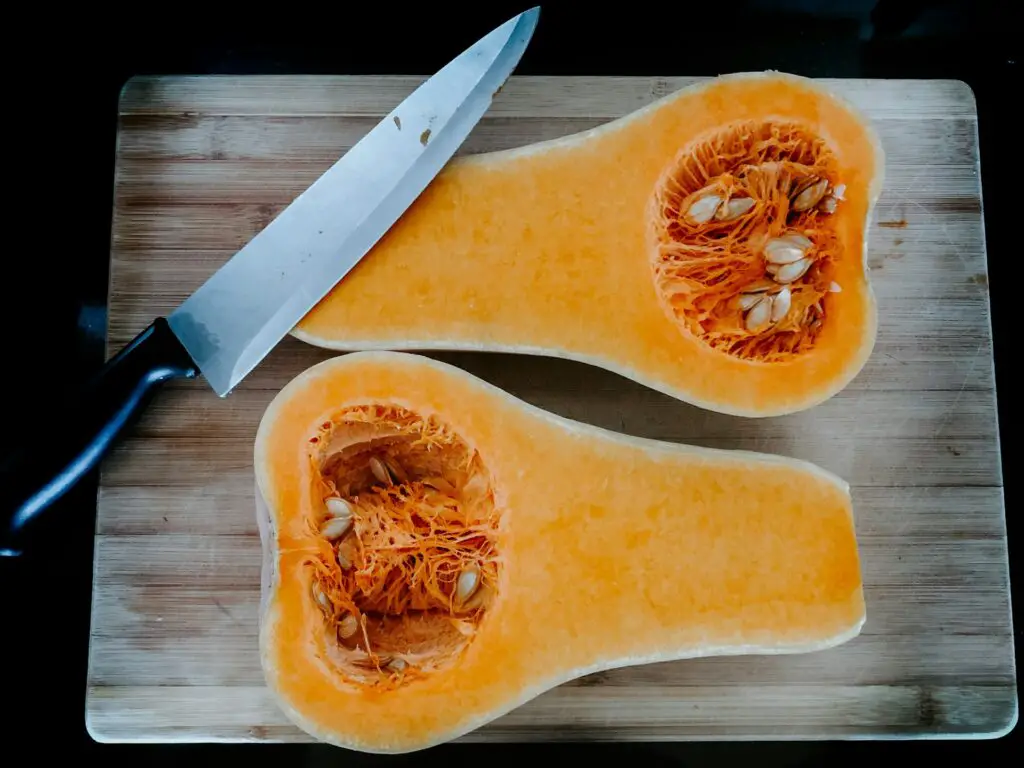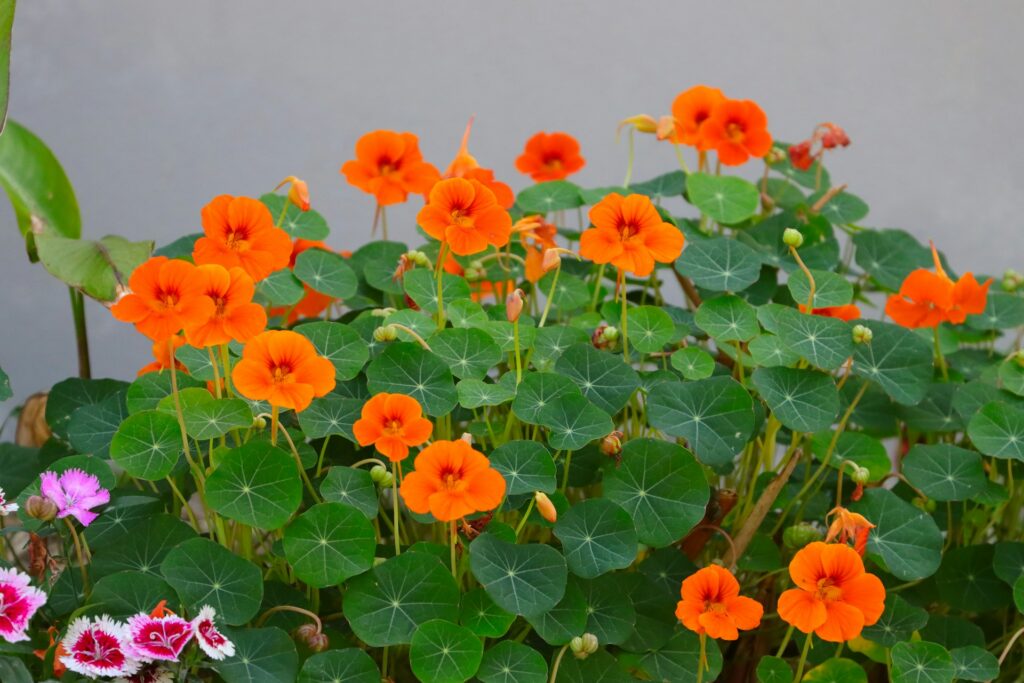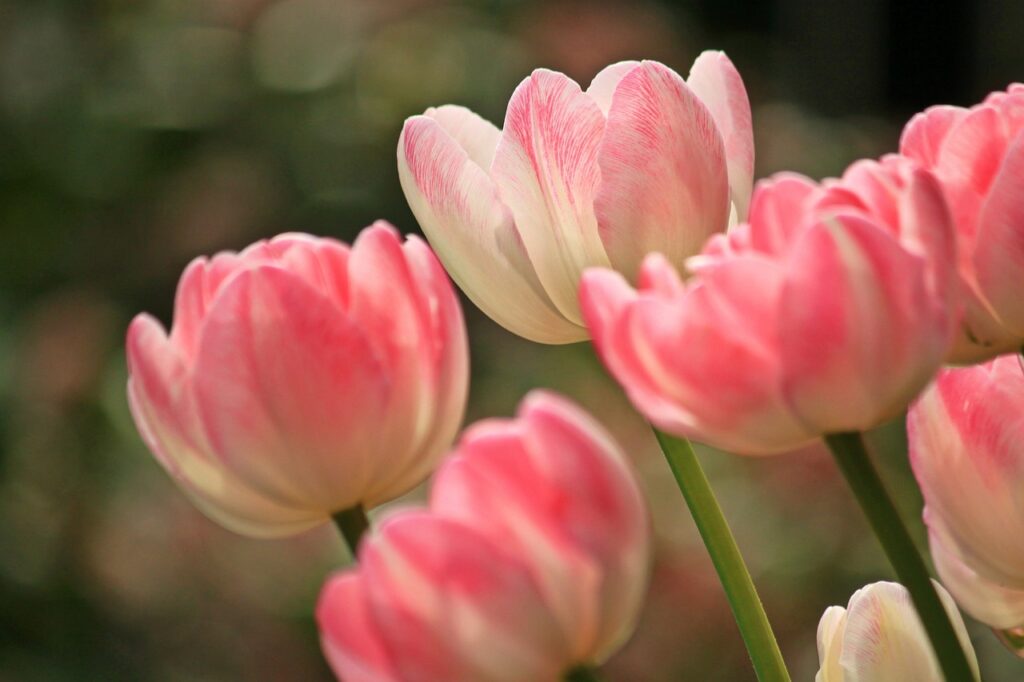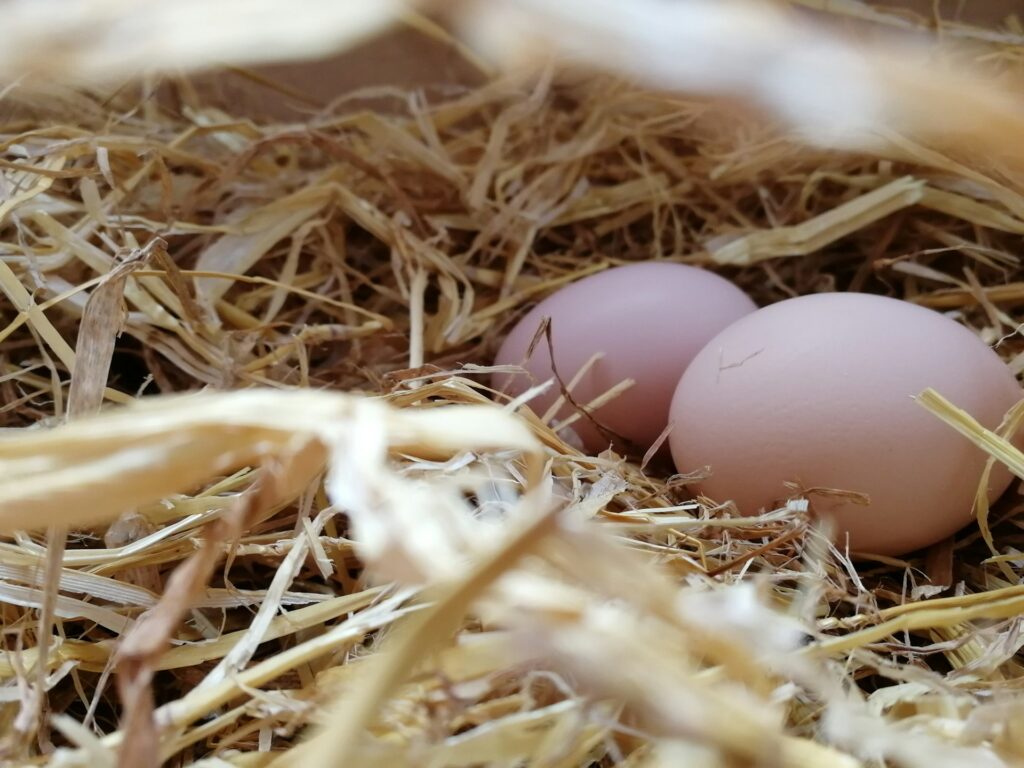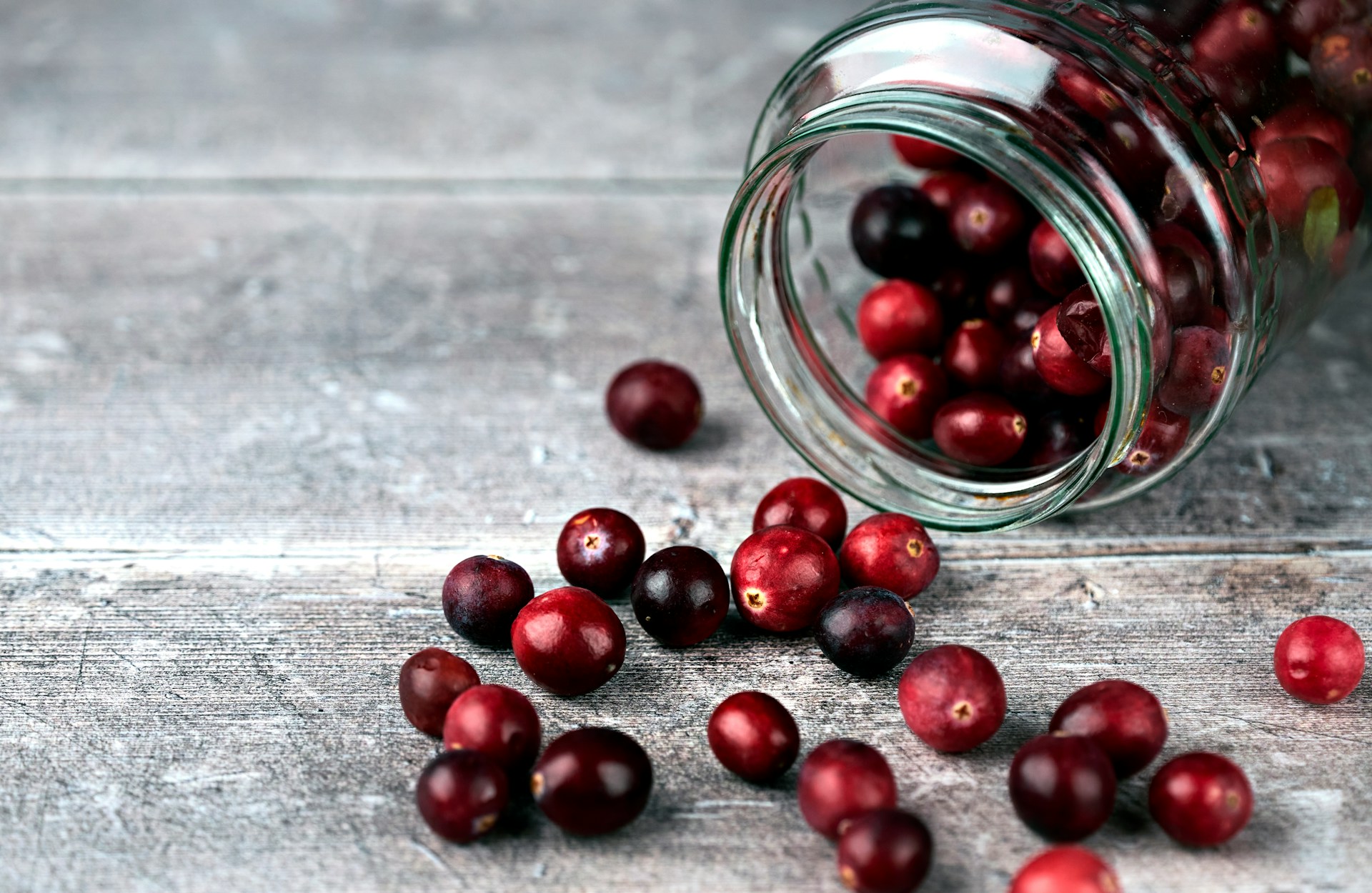
Cranberries, known for their tart flavor and vibrant color, are a staple in many kitchens, especially during the holiday season. But have you ever wondered about the tiny details that make these berries so unique? This article delves into the intriguing question: do cranberries have seeds? We’ll explore the anatomy of the cranberry, its nutritional benefits, and how those little seeds impact everything from taste to health. So, if you’re curious about what’s inside your cranberry sauce or looking to add a nutritious twist to your recipes, keep reading to discover the surprising secrets of cranberry seeds.
1. What Are Cranberries?
Cranberries, scientifically known as Vaccinium macrocarpon, are native to North America and thrive in boggy, acidic soils. These small, evergreen shrubs produce tart, red berries that are harvested in the fall. The fruit is commonly consumed as juice, sauce, or dried cranberries, and is celebrated for its vibrant color and unique taste.
2. Do Cranberries Have Seeds?
Yes, cranberries do have seeds. Each cranberry contains tiny seeds that contribute to its nutritional value. Despite their small size, these seeds are packed with fiber, omega-3 fatty acids, and other essential nutrients.
3. The Nutritional Profile of Cranberry Seeds
Cranberry seeds are a nutritional powerhouse. They are an excellent source of fiber and contain omega-3 fatty acids, which are beneficial for heart health. The seeds also provide a good amount of antioxidants, which help protect the body from oxidative stress.
4. How to Harvest Cranberry Seeds
Harvesting cranberry seeds can be a bit of a commitment. The seeds are located inside the cranberries and can be extracted by drying the berries and separating the seeds from the flesh. This process may take some time, but it’s a rewarding experience for those interested in plant-based nutrition.
5. Cranberry Seeds in Cooking and Recipes
Cranberry seeds can add a delightful crunch to many recipes. They can be mixed into baked goods, sprinkled on top of salads, or even used as an additive in smoothies. Their subtle nutty flavor complements the tartness of the cranberry, making them a versatile ingredient in the kitchen.
6. The Role of Cranberry Seeds in Health and Nutrition
The seeds of the cranberry are not just a culinary delight; they also offer several health benefits. They are known to support digestive health and may have a positive impact on the urinary tract. Including cranberry seeds in your diet can be a simple way to boost your nutritional intake.
7. Can You Grow Your Own Cranberries from Seed?
Growing cranberries from seed is possible, but it requires patience. The seeds need to be sown in well-drained, acidic soil and can take several months to germinate. Once established, cranberry plants need a consistent supply of water and may take a few years to bear fruit.
8. Cranberry Seeds: A Hidden Ingredient in Many Products
Cranberry seeds are often used as an ingredient in natural beauty products, such as soaps and sugar scrubs. Their exfoliating properties make them a great addition to skincare routines. Additionally, cranberry seeds are sometimes used in nutritional supplements due to their high antioxidant content.
9. Reader Interactions: What’s Your Experience with Cranberry Seeds?
We’d love to hear about your experiences with cranberry seeds. Have you used them in your recipes, or have you tried growing cranberries from seed? Feel free to leave a comment and share your story.
10. Review: Are Cranberry Seeds Worth the Hype?
After exploring the various aspects of cranberry seeds, it’s clear that they are more than just a byproduct of the berry. They offer nutritional benefits, culinary versatility, and even therapeutic properties. Whether you’re a health enthusiast or a culinary adventurer, cranberry seeds are worth incorporating into your lifestyle.
In Summary
- Cranberries, particularly their seeds, are a hidden gem in terms of nutrition and versatility.
- Each cranberry contains seeds that are rich in fiber and omega-3 fatty acids.
- Cranberry seeds can be harvested and used in a variety of recipes, adding a unique texture and flavor.
- These seeds support digestive and urinary tract health, making them a valuable addition to any diet.
- With patience, you can grow your own cranberries from seed, enjoying the fruits of your labor in a few years.
Cranberry seeds may be small, but their impact on health, cooking, and even beauty products is significant. Next time you enjoy a cranberry dish, take a moment to appreciate the tiny seeds that make this fruit truly special.

